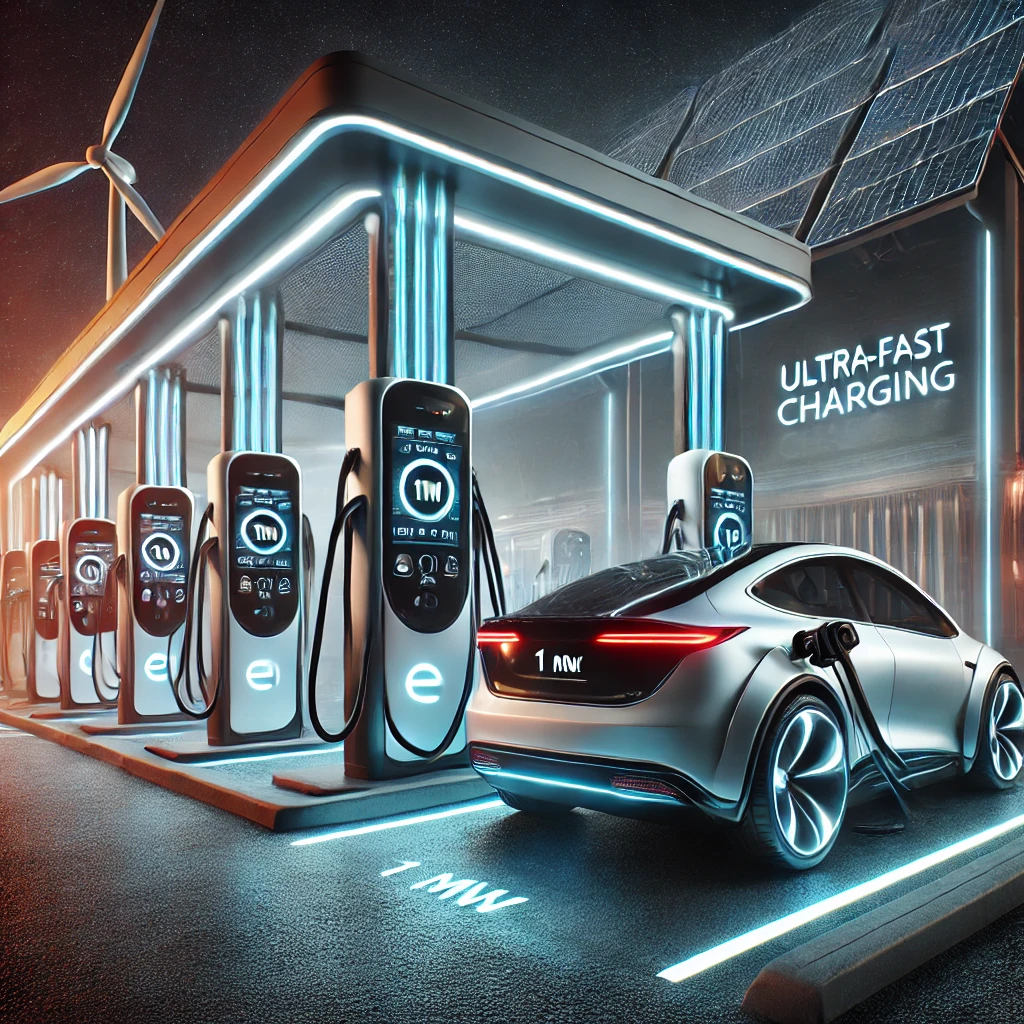
As the world transitions toward sustainable energy solutions, businesses are increasingly adopting electric vehicles (EVs) for their corporate fleets. Companies that invest in EV charging infrastructure not only contribute to environmental sustainability but also gain financial and operational benefits.
Published by Focus Global News, your trusted source for the latest updates on EV adoption and clean energy solutions.
Why Businesses Should Invest in EV Charging?
Corporate EV adoption is on the rise, with businesses recognizing the long-term advantages of integrating EVs into their fleets. Installing EV charging hubs at office spaces, logistics centers, and retail locations offers several key benefits:
1. Cost Savings on Fuel and Maintenance
EVs are significantly cheaper to maintain compared to gasoline or diesel vehicles. Businesses can reduce fuel costs by charging fleets using renewable energy sources and taking advantage of lower electricity rates during off-peak hours.
2. Government Incentives & Tax Benefits
Governments worldwide are offering subsidies, tax credits, and grants to companies investing in EV fleets and charging infrastructure. Programs like the EV Infrastructure Tax Credit in the U.S. and similar initiatives in Europe and Asia provide businesses with financial incentives to switch to electric mobility.
3. Sustainability & Corporate Social Responsibility (CSR)
Companies that adopt EVs align with global sustainability goals and improve their corporate social responsibility (CSR) profile. Green initiatives not only enhance brand reputation but also attract environmentally conscious consumers and investors.
4. Employee & Customer Attraction
Providing EV charging stations at workplaces or retail centers encourages employees and customers to switch to EVs. Businesses that offer free or discounted charging as a perk enhance employee satisfaction and customer loyalty.
Setting Up an EV Charging Hub for Businesses
To ensure a smooth transition to EVs, companies need a well-planned charging infrastructure. Here’s how businesses can efficiently set up an EV charging station:
1. Choose the Right Charging Technology
- Level 2 Chargers: Ideal for workplaces, shopping malls, and public parking lots; take 4-8 hours to fully charge a vehicle.
- DC Fast Chargers: Suitable for logistics hubs and fleet depots; can charge vehicles in 30-60 minutes.
- Wireless Charging: Emerging technology for seamless and automated charging experiences.
2. Location Planning & Installation
- Identify high-traffic areas and employee parking spaces.
- Collaborate with local utility providers to ensure a stable power supply.
- Use smart chargers with mobile app integration for remote monitoring and payment options.
3. Integration with Renewable Energy Sources
- Solar-Powered Charging Hubs: Reduce electricity costs and carbon footprint.
- Battery Storage Systems: Store excess energy for use during peak demand times.
- Microgrids & Smart Grid Integration: Enhance energy efficiency and reduce dependency on traditional power grids.
Cost Benefits & ROI of Corporate EV Charging
Investing in EV charging infrastructure offers businesses substantial financial benefits, including:
- Lower Fuel Costs: EVs cost up to 50% less per mile compared to gas-powered vehicles.
- Reduced Maintenance Costs: EVs have fewer moving parts, eliminating expenses on oil changes and engine maintenance.
- Tax Credits & Rebates: Businesses can recover 30-50% of installation costs through government incentives.
- Increased Property Value: Locations with EV chargers attract higher foot traffic and potential customers.
Future of Business EV Charging
As EV technology advances, businesses that invest in charging infrastructure today will be well-positioned for the future. With the rise of autonomous electric fleets, smart charging stations, and wireless charging, companies will experience greater efficiency and sustainability.
Key Trends to Watch:
✅ Ultra-Fast Charging Stations: Full charge in under 10 minutes. ✅ Vehicle-to-Grid (V2G) Technology: EVs can supply energy back to the grid, reducing electricity costs. ✅ AI-Powered Charging Management: Smart algorithms optimize charging schedules for fleets.
Conclusion
EV charging for businesses and fleets is no longer an option—it’s a necessity. Companies investing in EV infrastructure today are ensuring a sustainable, cost-effective, and competitive future.
Stay updated with Focus Global News for the latest insights into EV technology, corporate sustainability, and green innovations.
🚗⚡ Follow us for more EV industry updates!





